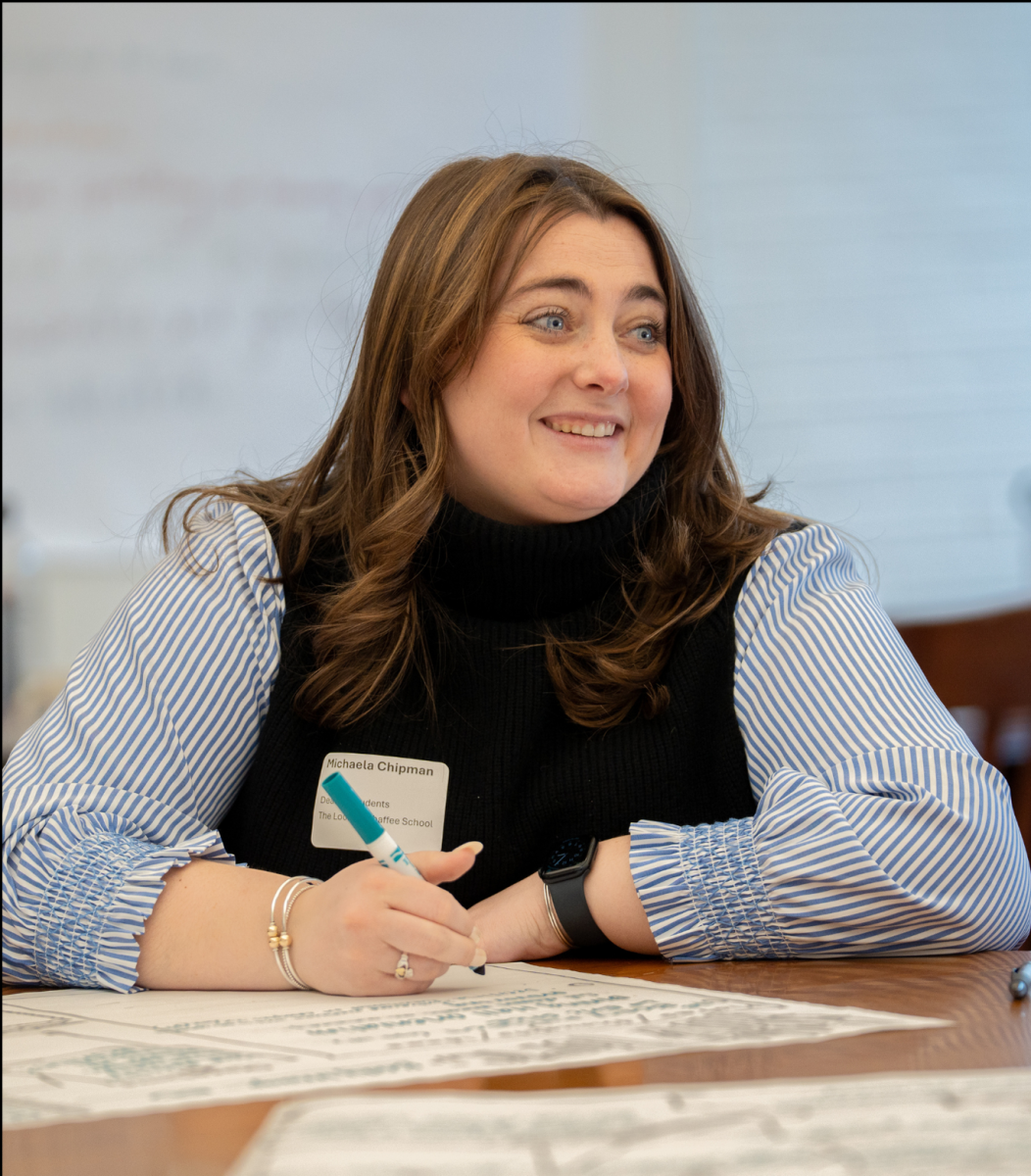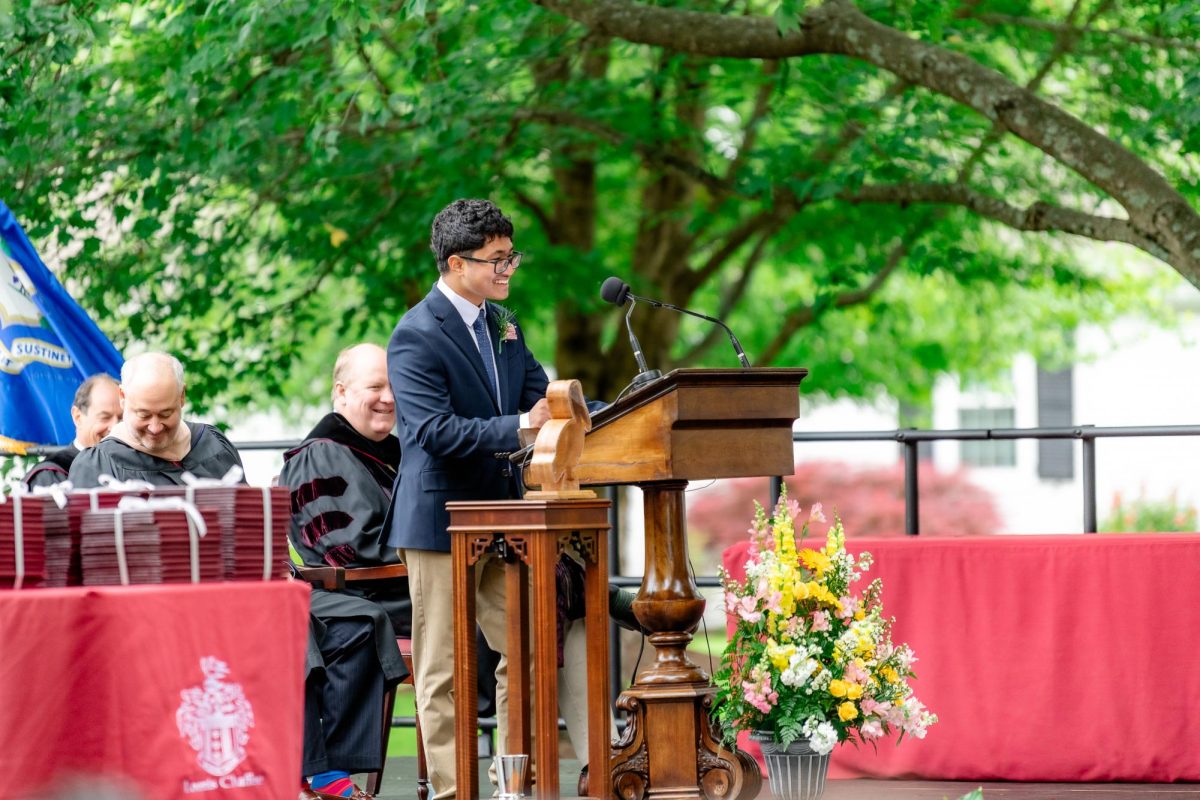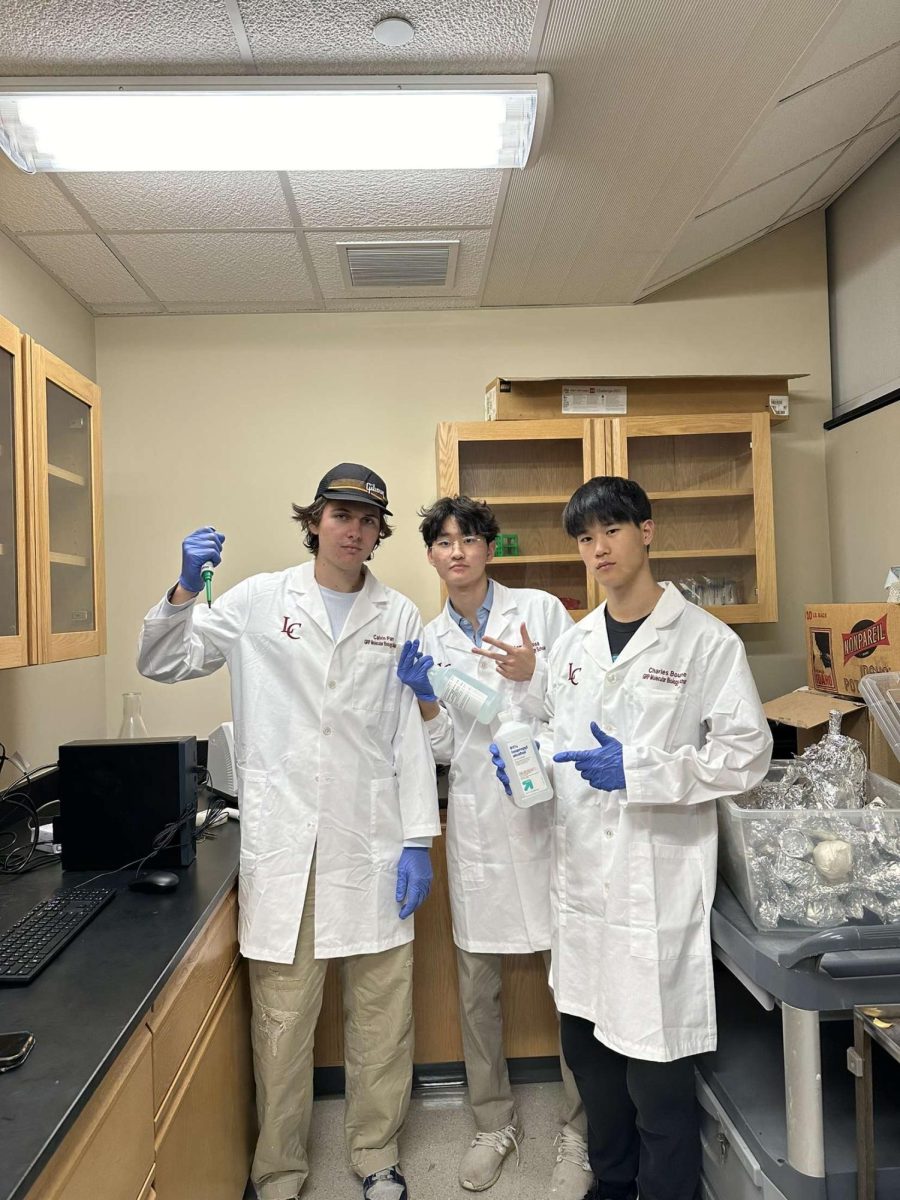When Dr. Alexander Peña Bethencourt, History, Philosophy, & Religious Studies Faculty, mentioned spending twenty-three years of school to finally receive his PhD in medieval studies, he let out a long, rejoicing laugh.
“I loved being a grad student,” he said. “I loved doing the research, learning for the sake of learning.”
The sheer beauty and joy in academic research has always motivated Dr. Peña. His dissertation examined an intersection between the philosophy of history and religion—specifically, how medieval Christian theologians and historians perceived Muslim and Jewish histories.
“I focus on what I would call the ‘philosophy of history,’” Dr. Peña said. “How did people write history in the Middle Ages? How did people think about history philosophically? What did people think animated the past and the course of world events?” were all questions posed. He recognized how history can be subjective and, by analyzing historical telling from multiple cultural and religious groups, gained a deeper appreciation for the many different perspectives through which history can be interpreted. Despite many historians’ biases and limitations, they all contribute their working interpretations that constitute how history is analyzed, understood, and reflected today.
Dr. Peña’s story starts from there. After a long period of research, he joined the Loomis Chaffee community and has inspired countless students with his lasting passion and expertise in history.
“Even the first interview with my department head, [History, Philosophy & Religious Studies Faculty Eric] LaForest, was already a lot more than I was expecting in terms of the interest that they were taking in me and my pedagogy and my research,” he said. “It felt very genuine in ways that the university job market often didn’t.”
However, his transition from a medievalist to a teacher did not come without challenges.
“I spent seven years where 90 percent of my introductions were to other academics, and I would start off by saying, ‘Hey, I am Alex. I am a Medievalist.’ That was like a core part of my identity, and it was a part of my identity that mattered to everyone around me. And so when I came here, that kind of lost its meaning,” he said. Still, he is warmed by the support and openness Loomis has shown to his academic endeavors and the genuine and meaningful relationships he gets to form with students and his colleagues. [1] [2]
“My identity has been filled with new relationships and mentorship,” he said. “There’ve been moments where I am touched by the insights that my students have. I’m often surprised by my students and the emotional maturity they often bring to the classroom.”
This year is Dr. Peña’s second year at Loomis. He teaches freshman world history and sophomore electives Civilizations that Changed the World and CL European History while coaching debate and enjoying his time in Warham with his two cats, Hephaestus (Heffy) and Charizard (Charchar).
Dr. Peña integrates his understanding of history into his teaching philosophy. “I want students to appreciate the past for itself—the past in and of itself,” he said. “There’s a tendency to justify the study of history because it’s relevant to us today … or [because] we can use it for something. Those are all valid and important reasons to study history, but those aren’t the only reasons.”
While studying history has its utilitarian and practical purposes, Dr. Peña views it from a humanitarian perspective. “I think that the past deserves to be studied on its own terms and merits because people deserve to be remembered, right? You don’t remember the people of the past just for self-serving reasons; you remember them because it’s an exercise in empathy. We all want to be remembered,” he said. This emphasis on the study of individuals—their actions, incentives, biases, and humanity—shows itself in the curriculum planning of the history department.
Besides researching and teaching, Dr. Peña is a creative arts-and-crafts maker and an avid lover of antique uranium glass. From pencil drawing and building miniature dioramas to spending hours in antique stores learning about American material history and popular culture, Dr. Peña explores his artistic talents and deepens his historical thinking by viewing it from another angle.
As an avid reader himself, his favorite book is Jacob’s Room, one of Virginia Woolf’s early novels.
“How well can you get to really know anyone, and how well can anyone actually really get to know you?” he said. “How well can you really know yourself? I thought it was just a beautiful meditation on that.”[3] [4]
It was no surprise when he advised students to “[be] more open to possibilities.” He is constantly searching and seeking—for new academic aspirations, rooms where researching and teaching intersect, and ways to make sense of himself and the large realm of history where he is situated. Just like the quote from Jacob’s Room, “It is no use trying to sum people up.” Dr. Peña strives to explore his multifaceted dimensions in Loomis and beyond.







